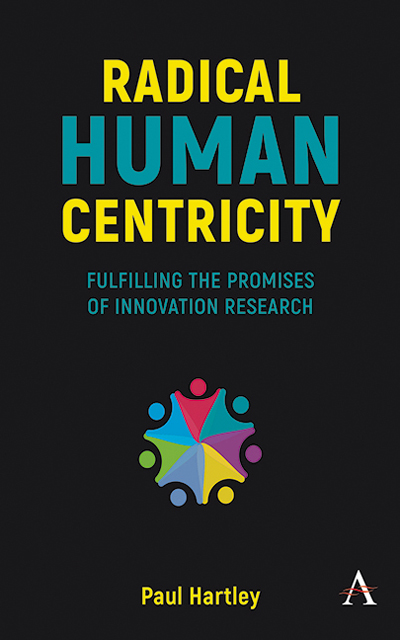1 - The Need for Real Research
Published online by Cambridge University Press: 22 November 2022
Summary
Our radical take on human-centric research starts with an acknowledgment that there are no shortcuts. Real research is hard, and often what may appear to be good research now actually has fundamental flaws. Once we admit this, we can begin our pursuit of a true human-centric approach to research by making a commitment to real human-centric research. But before we dig into what constitutes real research, we have to first explore what is wrong with commercial research today, in both it is market research and design research variations.
Not too long ago, I went to Shanghai to assist a research team from a small strategy and innovation firm on a project for a major Japanese Camera manufacturer. It was a difficult trip. I had just decided to resign from my post at my agency because I had realized I was uncomfortable with their approach to research. When I was being hired, they had claimed they worked within an anthropological model and that they were devoted to the tenants of real research. Instead, they were using what I can only call basic consulting research—traditional market research and design research approaches made to look like anthropologically inspired practice. While they claim they were human-centric, they were not. And I had decided to leave to get back to real research.
As I got on the flight to Shanghai, I reflected on why this project would not work out for the client. Most of the problem was rooted in a failure of research methodology and practice. The partners at this agency were forcing me to go on this trip to oversee a series of focus groups, complete with a moderator, translator, mirror-lined room, and a gallery of clients. I was told to “bring some anthropological flash” to the proceedings. There was little about the research plan that struck me as good research, let alone anthropological. As an anthropologist committed to only doing useful, rigorous research, the idea of running a set of focus groups was already making worry. I have worked in innovation research for over a decade, and this was going to be my first one. Mostly this is because focus groups are not meant to be used in the discovery phase of any innovation work.
- Type
- Chapter
- Information
- Radical Human CentricityFulfilling the Promises of Innovation Research, pp. 17 - 28Publisher: Anthem PressPrint publication year: 2022



